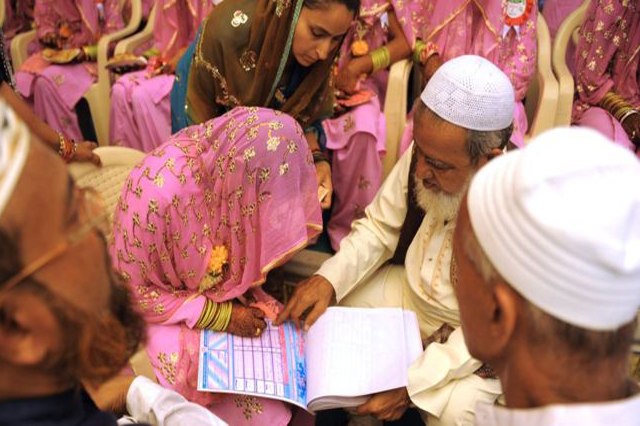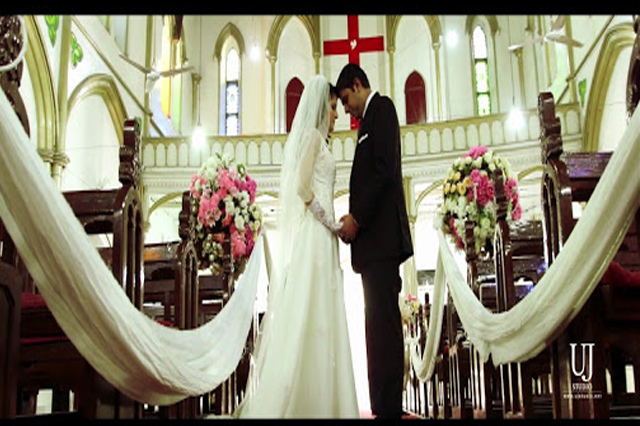CHRISTIAN MARRIAGE
Until promulgation of the Indian Christian Marriage Act, 1872, the law relation to solemnization in India of marriage of persons professing the Christian religion was guided by two British Acts. The Divorce Act, 1869 deals with dissolution of a Christian Marriage. These two Acts, (Indian Christian Marriage Act 1872, and Divorce Act, 1869) should be read together, as both these Acts are supplementary to each other, Later on, both these Acts were considered out-dated and the Government, therefore, referred the matter to the Law Commission. After eliciting public opinion, the Law Commission in 1961, in its 22nd Report suggested thorough revision of the Two Acts. On the basis of the said report submitted by the Law Commission of India, a Bill entitled ‘Christian Marriage and Matrimonial Causes Bill’ was presented in the Parliament in the year 1962. Unfortunately, when the parliament dissolved, that bill also lapsed, and so no improvements could be brought for Indian Christians.
Among the Indian Christian, Marriage is regarded as a Civil Contract, though it is usually solemnized by a Minister of religion licensed under the Christian Marriage Act, 1872. It also be solemnized by the registrar of Marriages.
Condition for Marriage:
The age of man intending to be married shall not be under 21 years and the age of woman intending to be married shall not be under 18 years;,
Neither of the persons intending to be married shall have a wife or husband still living.



